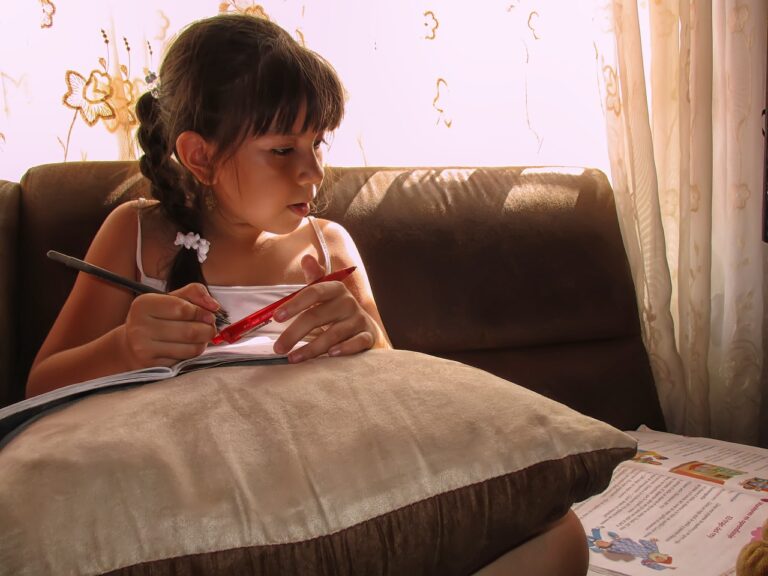The Causative (O causativo)
Use o causativo para expressar a ideia de que uma pessoa convence ou faz com que outra pessoa faça algo.
Use get + um objeto e um infinitivo.
-
I’ll get the waiter to correct the check. (Eu vou fazer o garçom corrigir a conta.)
-
They got him to pay for dinner. (Eles fizeram ele pagar o jantar.)
-
Did she get her friends to give money to the school? (Ela fez seus amigos darem dinheiro para a escola?)
Você também pode usar have + um objeto e uma forma base do verbo como causativo. Isso expressa a ideia de que uma pessoa direciona outra a fazer algo.
-
I’ll have my assistant call your office. (Eu vou pedir para minha assistente ligar para seu escritório.)
-
We had them bring breakfast to our room. (Nós pedimos para eles trazerem o café da manhã para o nosso quarto.)
Causativo make para indicar obrigação
O causativo make é usado para expressar a ideia de que uma pessoa força outra a fazer algo. Use uma forma de make + um objeto e a forma base de um verbo.
-
They make their kids finish their homework before dinner. (Eles fazem seus filhos terminarem a lição de casa antes do jantar.)
-
She made him sign the form. (Ela fez ele assinar o formulário.)
Let para indicar permissão
Use um objeto e a forma base de um verbo com let.
-
She let her sister wear her favorite skirt. (Ela deixou sua irmã usar sua saia favorita.)
Let tem o mesmo significado de permitir. Use let para indicar que a permissão está sendo dada para fazer algo.
-
My boss let me take the day off. (Meu chefe me deixou tirar o dia de folga.)
-
I don’t let my children stay out after 9:00 P.M. (Eu não deixo meus filhos ficarem fora depois das 9 da noite.)
Cuidado!
Não diga: She let her sister to wear her favorite skirt
Não use um infinitivo depois de let.
The Passive Causative (O causativo passivo)
O causativo passivo foca no objeto ao invés do sujeito da frase. Use uma forma de have + um objeto e um particípio passado.
-
We had our picture taken after the meeting. (Nós pedimos para tirarem nossa foto depois da reunião.)
-
They plan to have the offices painted next week. (Eles planejam fazer pintar os escritórios na próxima semana.)
-
Can she have her X-rays sent this morning? (Ela pode pedir para mandarem as radiografias dela esta manhã?)
Lembre-se:
Na voz passiva, uma frase by é usada quando a informação é importante.
- We had the office painted last week. It looks great. (Nós pintamos o escritório na semana passada. Está ótimo.) (sem a frase by)
- We’re having the office painted by Royal Painting Services. They’re the best! (Estamos fazendo pintar o escritório pelos Serviços de Pintura Royal. Eles são os melhores!)
Você também pode formar o causativo passivo com get, sem mudar o significado.
- We got our picture taken. (Nós pedimos para tirarem nossa foto.)
Causativo have: erros comuns
Cuidado! Não confunda o causativo have no passado simples com o have auxiliar no passado perfeito.
-
I had them call me before 10:00. (Eu pedi para eles me ligarem antes das 10:00.)
-
I had called them before 10:00. (Eu os havia chamado antes das 10:00.)
The Causative Quiz
Quiz Summary
0 of 8 Questions completed
Questions:
Information
You have already completed the quiz before. Hence you can not start it again.
Quiz is loading…
You must sign in or sign up to start the quiz.
You must first complete the following:
Results
Results
0 of 8 Questions answered correctly
Your time:
Time has elapsed
You have reached 0 of 0 point(s), (0)
Earned Point(s): 0 of 0, (0)
0 Essay(s) Pending (Possible Point(s): 0)
Categories
- Not categorized 0%
- Review
- Answered
- Correct
- Incorrect
-
Question 1 of 8
1. Question
Correct / 12 PointsIncorrect / 12 Points -
Question 2 of 8
2. Question
-
Why don’t you your assistant them a ride to the meeting?
-
I might be able to my brother us tickets to the game.
-
Could you your friends some things for the party?
-
You should someone hotel reservations for us.
-
Why don’t you your kids the dishes after dinner?
-
I’m sure you can the restaurant you a tie.
Correct / 12 PointsIncorrect / 12 Points -
-
Question 3 of 8
3. Question
CorrectIncorrect -
Question 4 of 8
4. Question
CorrectIncorrect -
Question 5 of 8
5. Question
CorrectIncorrect -
Question 6 of 8
6. Question
CorrectIncorrect -
Question 7 of 8
7. Question
CorrectIncorrect -
Question 8 of 8
8. Question
CorrectIncorrect
















